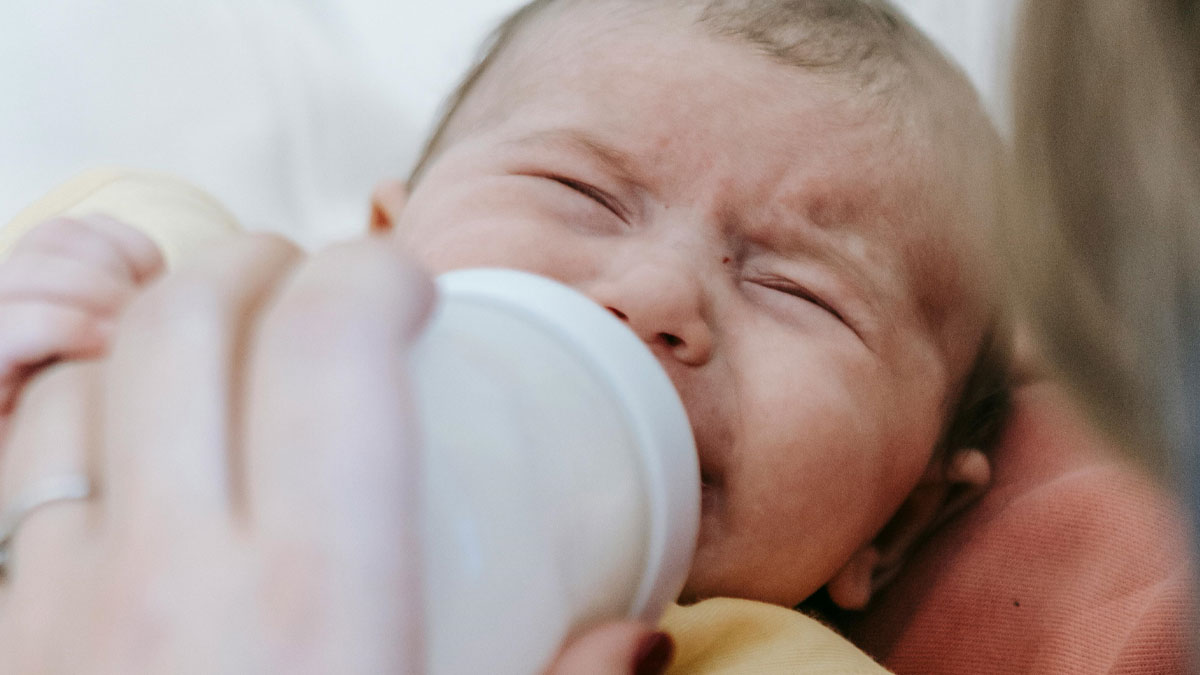
“Am I A Jerk For Not Letting My Mother-In-Law See My Baby Until I Put Cameras Up In My Home?”
Interview With ExpertAs new parents are getting used to their changing lives, they need all the love and support they can get.
However, after the birth of her first child, Reddit user Overall_Today_3592 has found that some of the people around her have been disturbing her more than helping, especially her mother-in-law.
The last straw came when she caught the lady going directly against her parenting rules by putting cereal in her baby’s bottle.
This blatant disregard for her boundaries quickly exploded into a full-blown family conflict, leaving her questioning whom she could trust and how to move forward.
The last thing parents need is someone undermining their decisions and adding unnecessary stress
Image credits: Daiga Ellaby / Unsplash (not the actual photo)
So when this woman felt like her mother-in-law was disrespecting her, she addressed the situation head-on
Image credits: Hans Isaacson / Unsplash (not the actual photo)
Image credits: MART PRODUCTION / Pexels (not the actual photo)
Image credits: Overall_Today_3592
Image credits: Hans Isaacson / Unsplash (not the actual photo)
Women and their mothers-in-law do disagree on how to raise their kids pretty often
The book In-law Relationships: Mothers, Daughters, Fathers, and Sons, which includes a survey and interview responses from more than 1,500 people, shows that only about 15% of MILs and DILs have a really difficult relationship. In fact, more than half feel good about their bond (while the rest are neutral).
However, 52% of daughters-in-law strongly disagree or disagree that they have the same parenting philosophy as their mothers-in-law.
Florida-based licensed marriage and family therapist Danielle Sethi, who specializes in treating anxiety, depression, relationship issues, and family conflicts, told Bored Panda that a common reason for differences in parenting philosophy is the shift in generations.
“Each generation has different values and has access to more information about nutrition, psychology, and overall parenting approach,” she explained to us. “Mothers-in-law may have ideas about how to parent from their own experience, while daughters-in-law wish to create their own methods and do things on their own terms.”
“Also, in earlier generations and different cultures, caregiving is a responsibility shared by extended family and in-laws, whereas in modern Western society, the responsibility typically sits only with the parents. Therefore, a mother-in-law may think their input is justified as part of the family, while the daughter-in-law views making their own parenting decisions as their call and their right of passage. Other religious and cultural differences can play into this as well.”
According to the therapist, some other common pressure points are schooling, activities, or socialization as well as differences in boundaries around communication and visiting. “For instance, daughters-in-law may expect notification before mothers-in-law come to the house,” Sethi added. “Further, daughters-in-law may expect to be able to express their emotions and experiences in decision-making and their place in the family, whereas mothers-in-law may expect to be respected as the elder generation.”
Image credits: user1587495 / Freepik (not the actual photo)
Froot Loops aren’t appropriate for babies this young
In this particular case, the mother-in-law may have been too fast with the Froot Loops. Before the age of 4 to 6 months, babies aren’t ready to eat solid foods. It’s around this time that their digestive system merely starts to handle certain supplementary additions.
Signs that a baby is ready to start eating solid foods as a supplement to breast milk or formula include when they:
- Can support their head steadily on their own;
- Can sit upright without help;
- Show interest in your food when you eat, at times moving their mouth around while watching;
- Can grab at objects.
Their first foods should be single-ingredient foods with no added salt or sugar. For this reason, many parents do turn to cereals like rice, oatmeal, or barley. Froot Loops, on the other hand, has both sugar and salt (among other things) and is not a good choice.
It was once thought that adding rice cereal to a baby’s bottle at night would help them sleep longer without waking up to feed.
However, babies usually can’t sleep more than 5 hours at this stage. They also naturally wake up to feed—regardless if they are full or not.
So adding rice cereal to a baby’s bottle does not keep them asleep, but it can increase the risk of choking.
Adding rice cereal to the bottle makes the liquid thicker. Babies who get used to drinking thick milk like this might later develop difficulty telling solid foods apart from liquid foods, which, in turn, can make it hard for the baby to start eating solid foods.
Furthermore, rice has higher levels of arsenic compared to other cereals and grains.
Arsenic is a naturally occurring substance in soil, water, and air, and rice that grows with trace amounts of arsenic in it can have lasting effects on your baby’s health.
Arsenic is a carcinogen linked to several different diseases. Even low levels, like those found in rice cereals for babies, can affect their development, so the American Academy of Pediatrics (AAP) now recommends that you introduce oatmeal to your baby instead.
“If mothers and daughters-in-law put in the work to understand their differences, they can not only reduce conflict with one another, but they can lean on each other to make their lives easier,” therapist Danielle Sethi said. “For example, if a daughter knows that her mother-in-law respects boundaries and her decisions, she’s more likely to feel comfortable accepting help from her, which could fulfill her as a grandmother.”
“Mother and daughter-in-law conflicts also inevitably affect the marriage, so addressing issues that come up will help limit stress and strain on the husband and wife,” she added. “Family therapy is a great place to work on this if families aren’t sure how to approach the conversation.”
As the story went viral, its author provided more information on the conflict in the comments
Many people supported her
And a few said that everyone involved is in the wrong
Or that the woman herself is the jerk
Poll Question
Thanks! Check out the results:
Explore more of these tags
Definitely a whole lot of fruit loops in this story, including the "YTA" morons.
What people don't seem to realize is that it's not about the cereal, not about trying to be a helicopter parent or that "MIL raised x kids and they turned out fine" or anything like that. OP set a clear boundary. "do not feed cereal to my baby" MIL crossed the boundary. She broke the trust. Period.
Also, she 'popped' (Slapped? Punched?) a child in the face. It wouldn't matter what else had gone on, as soon as I found out about that, that'd be it. No kids ever unsupervised with MIL, including someone else's. This woman is a child abuser, not because she let babies 'cry it out' 30 years ago but because she is willing right now to hit a child.
Load More Replies...This horrible woman "popped" her grandchild in the mouth. She hit the child in the mouth. I would never, ever let her near my child again. She is a violent abuser.
Definitely a whole lot of fruit loops in this story, including the "YTA" morons.
What people don't seem to realize is that it's not about the cereal, not about trying to be a helicopter parent or that "MIL raised x kids and they turned out fine" or anything like that. OP set a clear boundary. "do not feed cereal to my baby" MIL crossed the boundary. She broke the trust. Period.
Also, she 'popped' (Slapped? Punched?) a child in the face. It wouldn't matter what else had gone on, as soon as I found out about that, that'd be it. No kids ever unsupervised with MIL, including someone else's. This woman is a child abuser, not because she let babies 'cry it out' 30 years ago but because she is willing right now to hit a child.
Load More Replies...This horrible woman "popped" her grandchild in the mouth. She hit the child in the mouth. I would never, ever let her near my child again. She is a violent abuser.

 Dark Mode
Dark Mode 

 No fees, cancel anytime
No fees, cancel anytime 



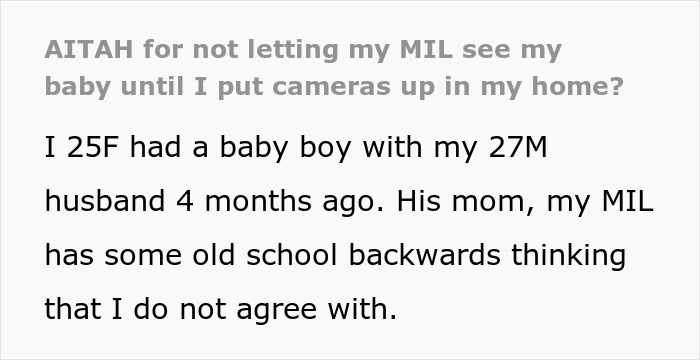

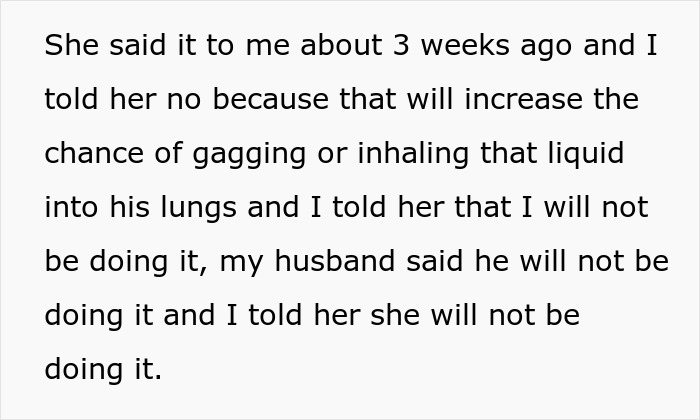
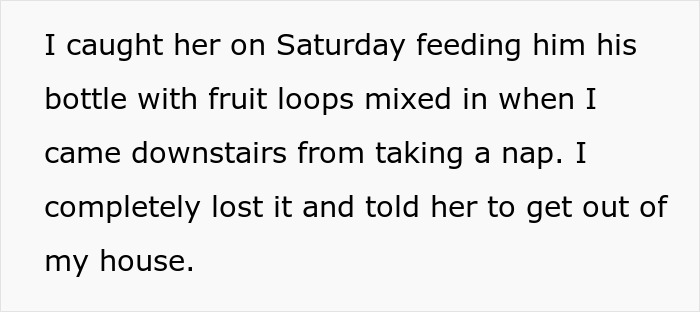

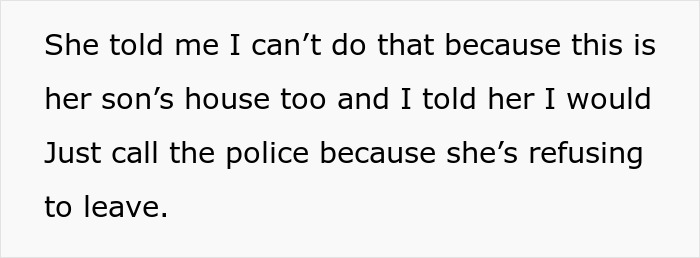
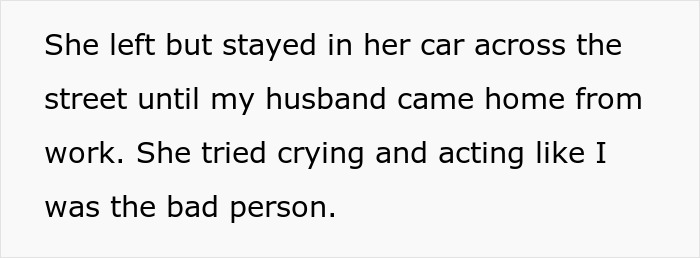
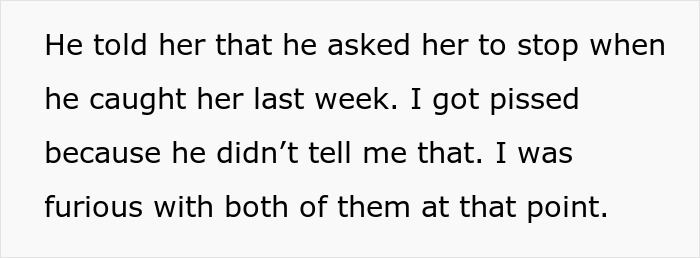
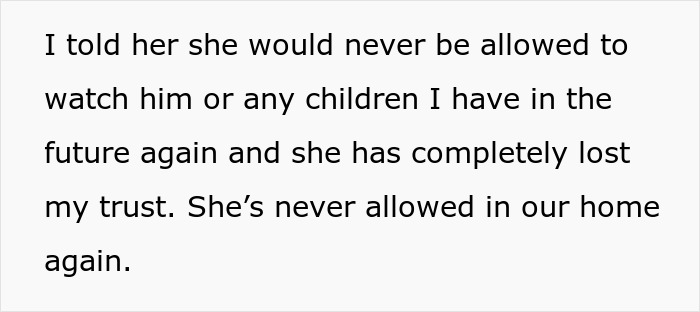

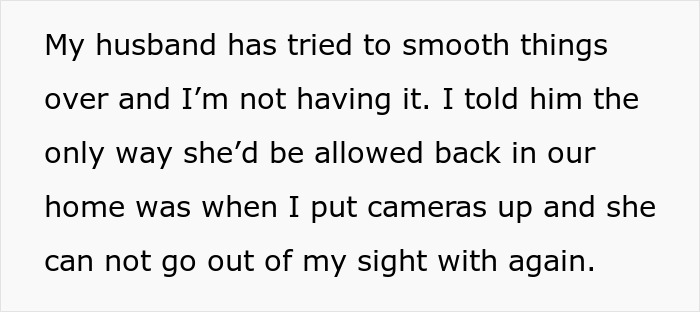
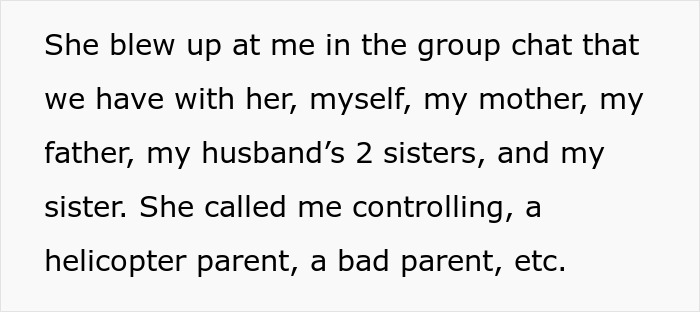
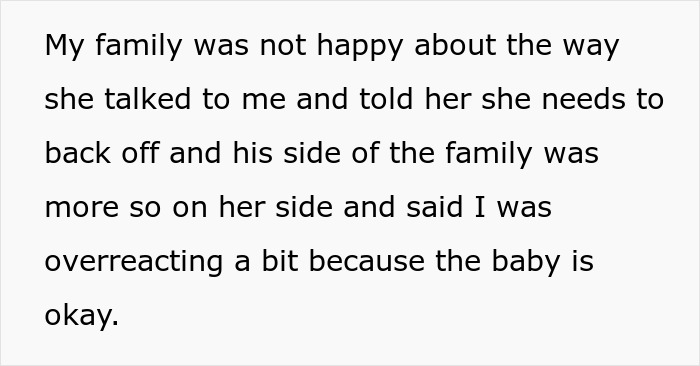



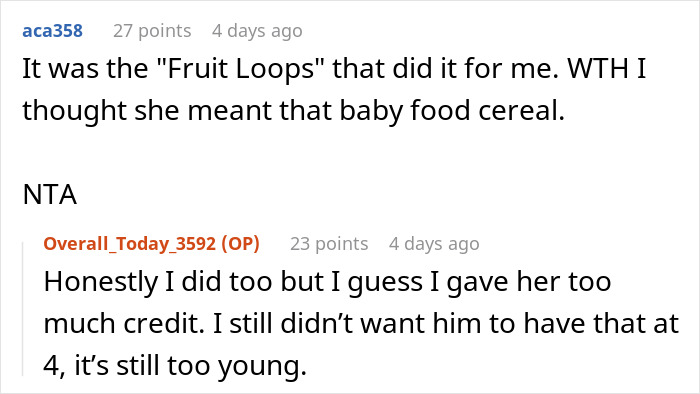
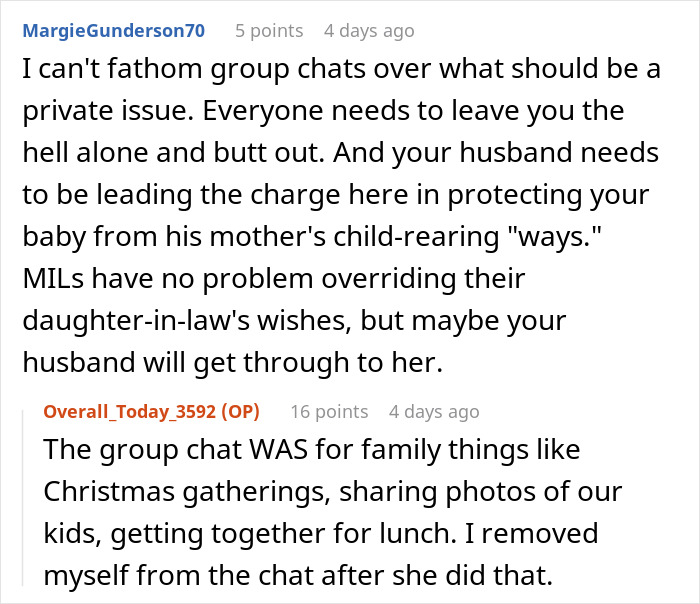
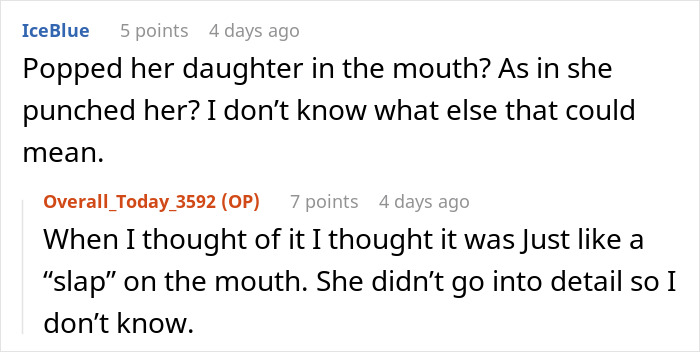

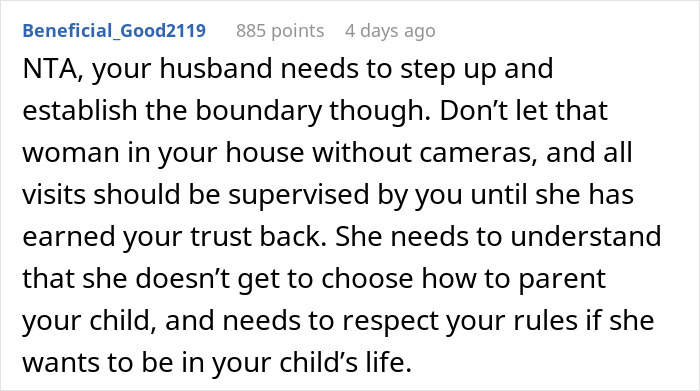
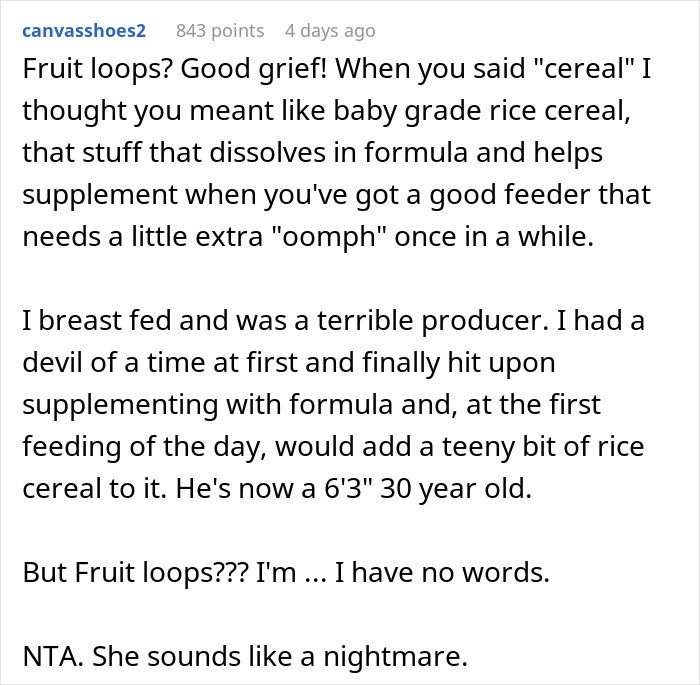
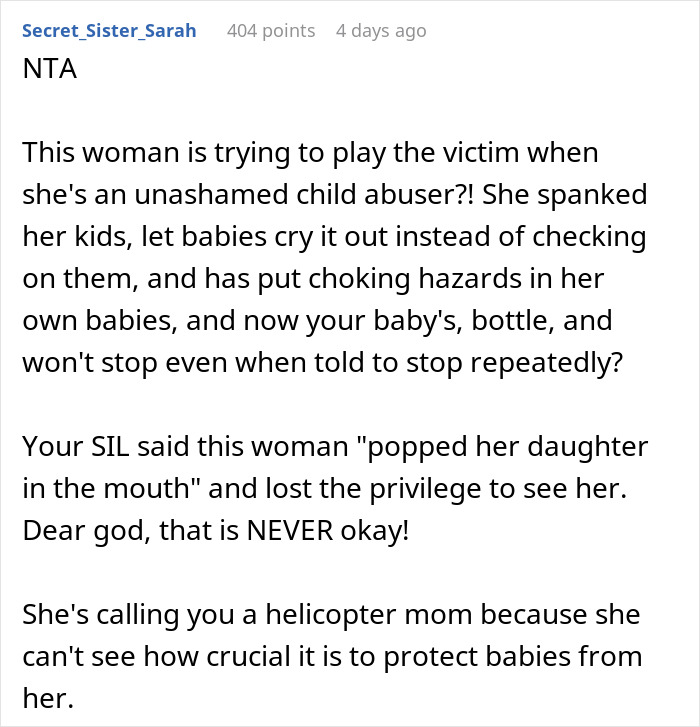
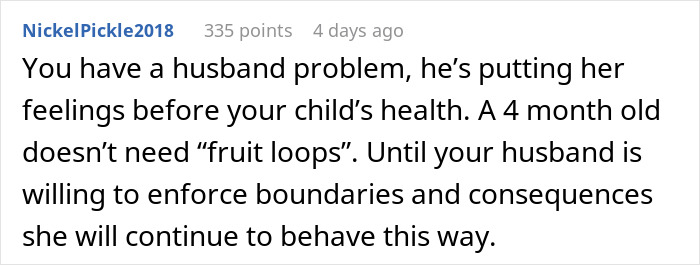
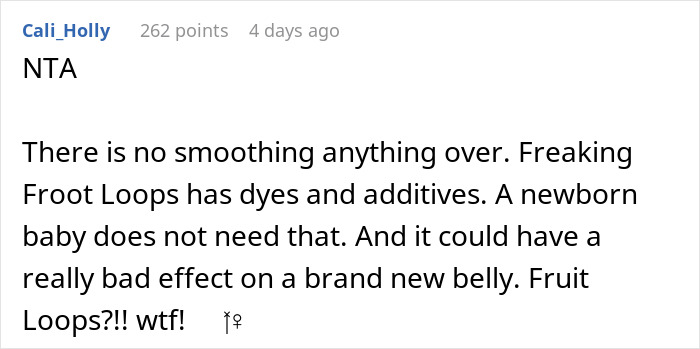
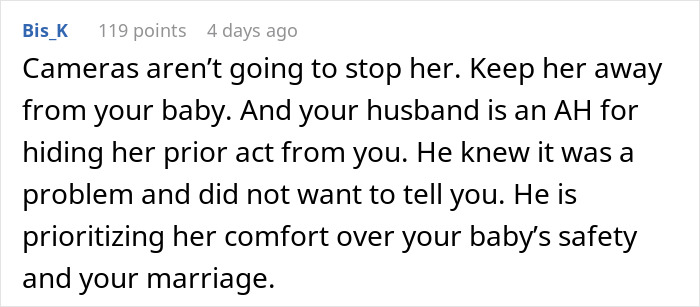
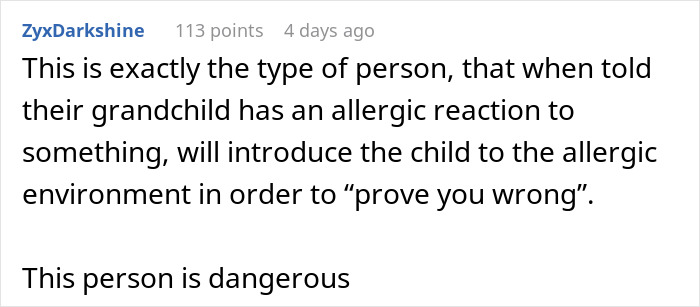
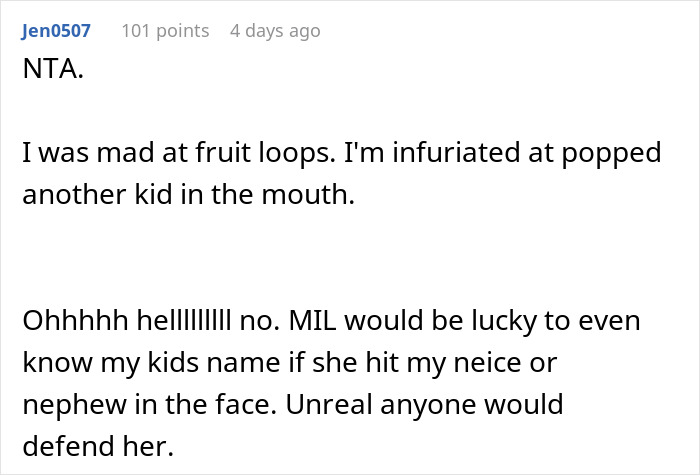
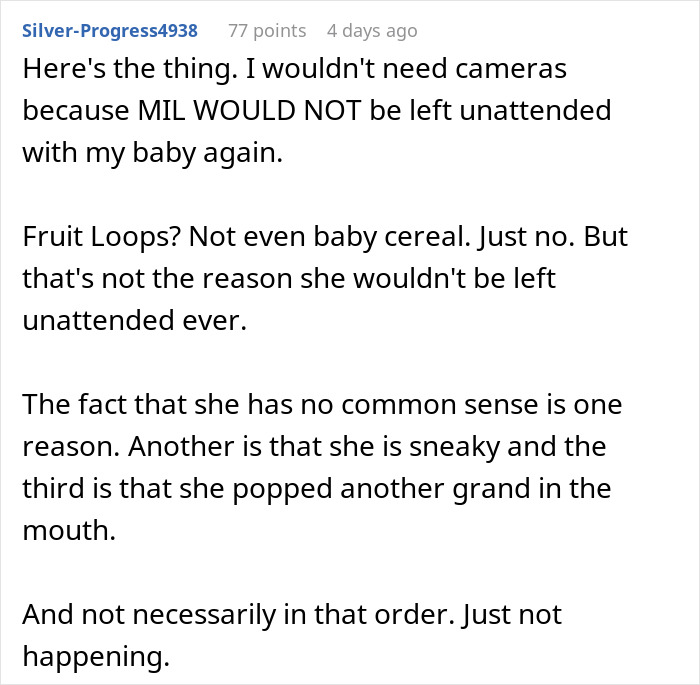
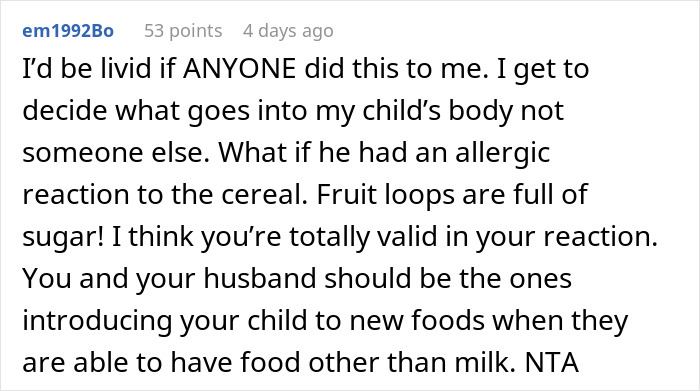
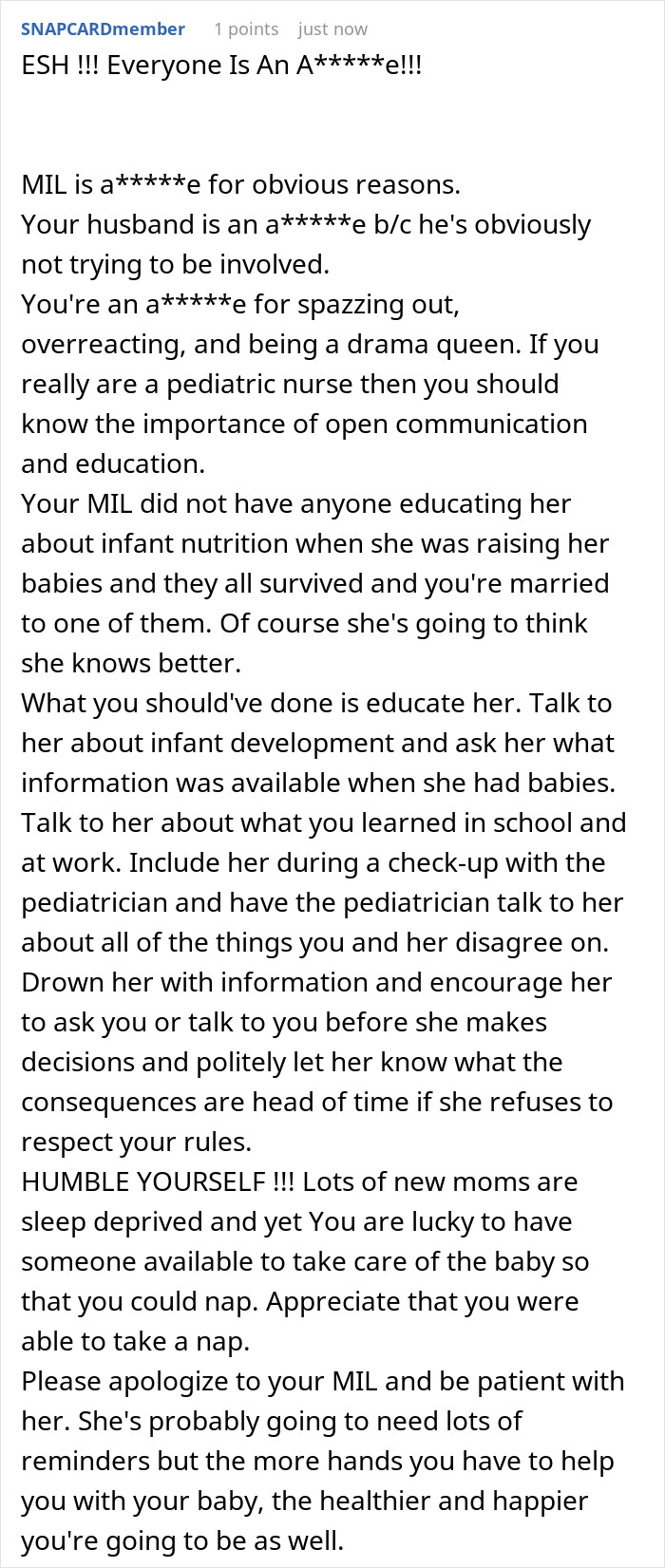


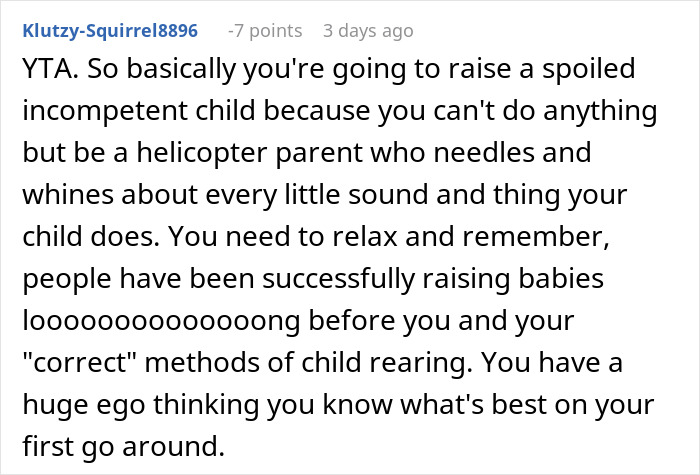











































55
55